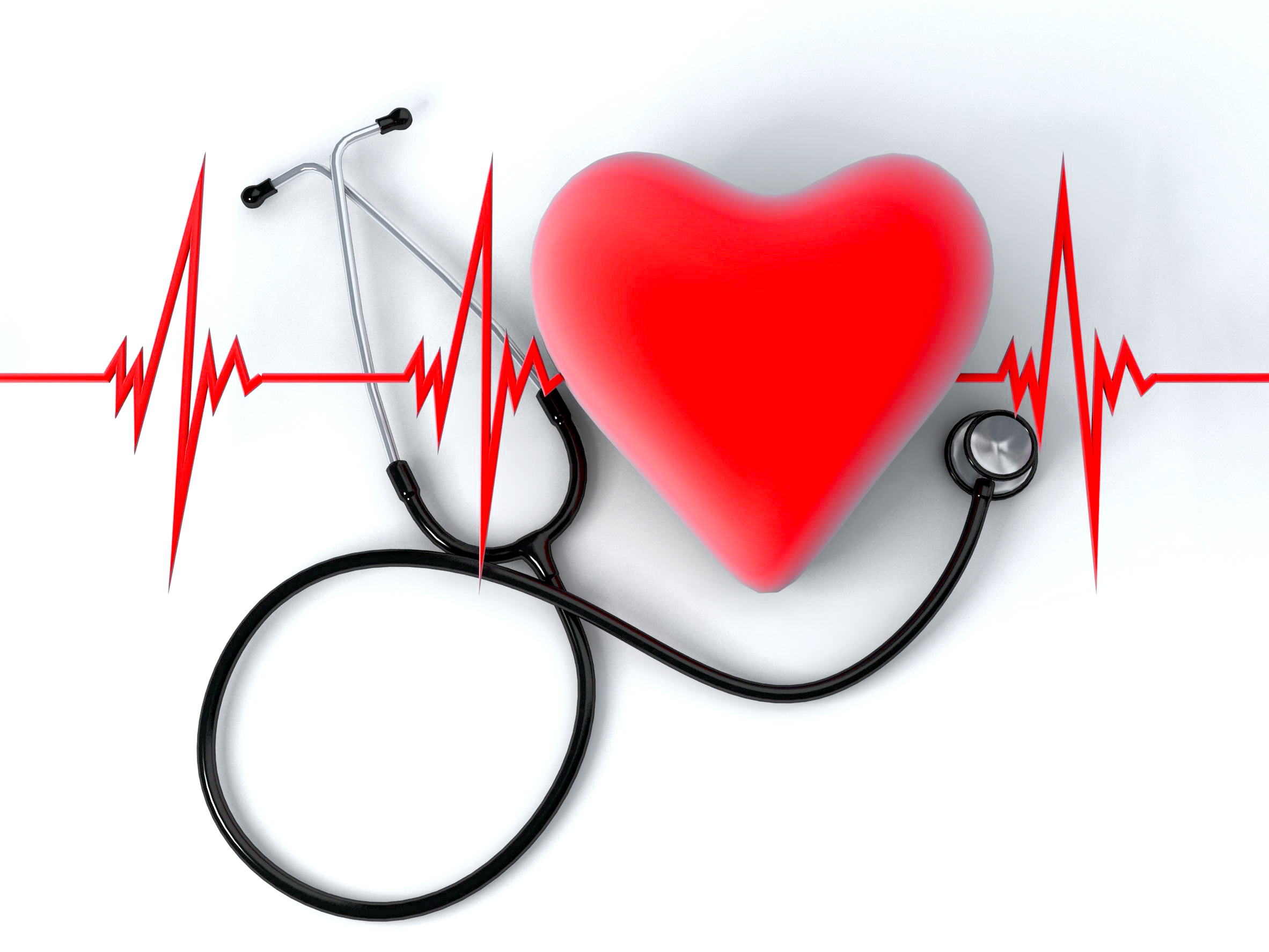“I’m probably tired from working too hard.”
“I’m too young.”
“This pain will pass.”
It’s easy to dismiss the signs of heart disease, but ignoring them can cost you your life.
 According to the American Heart Association, heart disease claims the lives of one in three women each year and as many as 4% to 10% of all heart attacks occur before age 45.
According to the American Heart Association, heart disease claims the lives of one in three women each year and as many as 4% to 10% of all heart attacks occur before age 45.
When health and fitness journalist Kerrie Lee Brown started experiencing chest pain on Christmas Day several years ago, she brushed it off as stress. When intense pain forced her to the doctor a few months later, tests confirmed that she had a heart attack – at 39 years old.
In Brown’s case, her health scare served as a wake up call to the importance of listening to her body, signaling that it was time to take action. Surviving a heart scare as serious as a heart attack or stroke will demand lifestyle changes, but that doesn’t mean it should change your livelihood.
Here are some tips to live well with a broken heart:
- Keep your glass half full: In the American Heart Association’s journal Stroke, a study of over 6,000 adults found that individuals who had a more optimistic outlook were significantly less likely to have strokes. Not only does a positive outlook improve your mood, studies show that it can improve your health with lower risks of depression and the ability to cope with stressful situations.
- Don’t sweat the small stuff: Late for an appointment? Feel overwhelmed at work? Don’t worry you’re not alone. Stressing over the little things is a sure-fire way to impact your health. Once you’ve been diagnosed with a heart condition or survived a health scare it’s normal to still be afraid and that’s OK. The key is to not dwell on things outside of your control and keep your stress levels to a minimum.
- Listen to your body: Although the warning signs were there, it took Kerrie a few weeks to acknowledge that her body was in trouble. Once you’ve had a heart scare it becomes even more critical to be attuned to your body’s signals of distress. Don’t ignore aches and pains and make a point to make your nutrition and rest a priority.
- Talk it out: Emotional support is very important after a health scare so lean on your partner, family members or friends when you need a loving ear.
By Chivon John – www.chivonjohn.com



